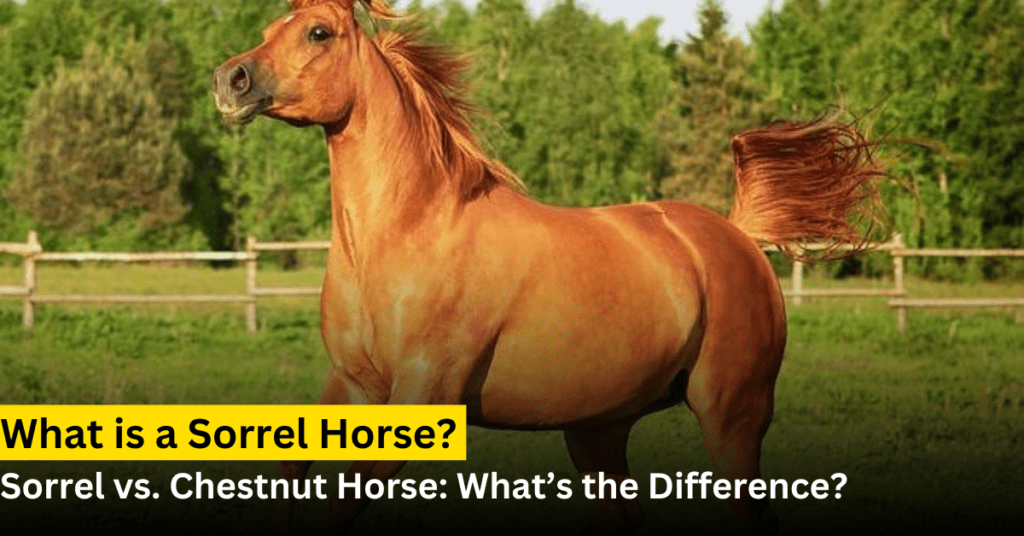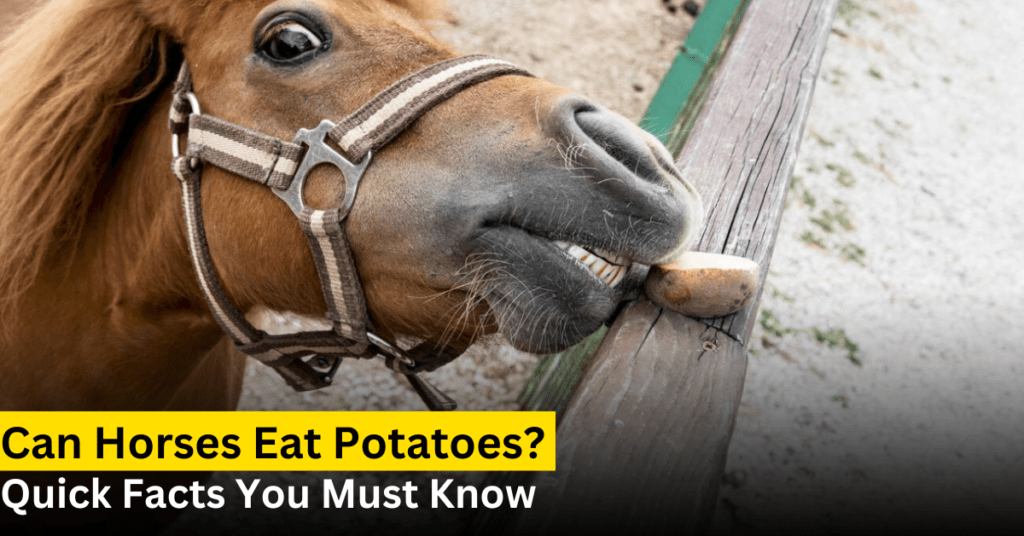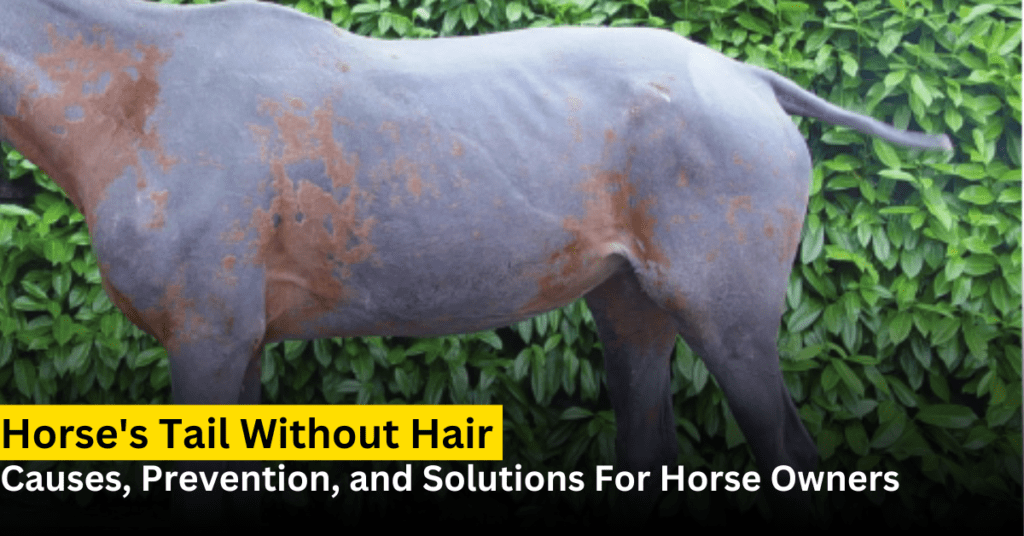Yes, horses can eat celery! This crunchy, hydrating vegetable makes a healthy treat for your horse when given in moderation. Let’s explore if horses can eat celery leaves and tops, the benefits of celery for horses, and how to safely add it to their diet.
What Do Horses Usually Eat?
Horses thrive on a diet that includes:
- Grass: Their main source of fiber and nutrients.
- Hay: A substitute for grass, especially during winter.
- Grains and Supplements: Extra energy and nutrients for active or working horses.
While celery is not a staple food, it can be a nutritious occasional snack for your equine companion.
Nutritional Benefits of Celery for Horses
Celery is packed with nutrients that support your horse’s health:
- Vitamin A: Improves eyesight and strengthens the immune system.
- Vitamin C: Protects cells with its antioxidant properties.
- Potassium: Aids muscle function and balances electrolytes.
- Fiber: Supports healthy digestion.
- Magnesium & Phosphorus: Strengthen bones and teeth.
It’s also low in sugar, making it a safe option for horses that need to limit sugar intake.
Learn More: Biggest Horse Breeds | The World’s Largest & Powerful Horses
Can Horses Eat Celery Leaves and Tops?
Yes, horses can eat celery leaves and tops! However, ensure you wash them thoroughly to remove dirt, pesticides, and bacteria. Feed them in small amounts to prevent choking or stomach upset.
How to Feed Celery to Horses Safely
Follow these tips to make celery a safe and enjoyable treat for your horse:
- Wash Thoroughly: Rinse celery under clean water to remove dirt and pesticides.
- Cut into Small Pieces: Chop stalks and leaves into bite-sized pieces to prevent choking.
- Feed in Moderation: Offer a few small pieces at a time.
- Monitor Reactions: Check for any signs of digestive discomfort or allergies, like colic or refusal to eat.
How Much Celery Can Horses Eat?
For a 500kg horse, limit celery to about 750g per week, divided into 2-3 servings. This ensures your horse enjoys celery without disrupting their balanced diet.
Can Horses with Special Diets Have Celery?
- Low-Sugar Diets: Celery is suitable for horses managing conditions like insulin resistance due to its low sugar content.
- Horses with HYPP: Avoid celery as it contains potassium, which can worsen this condition.
Learn More: Can Horses Eat Watermelon? A Beginner-Friendly Guide
What Are Good Alternatives to Celery?
If you don’t have celery, try these horse-safe treats:
- Carrots
- Apples (remove seeds)
- Pears
- Cucumbers
Always introduce new treats slowly and in small amounts.
Learn More: Can Horses Eat Potatoes? Quick Facts You Must Know
Risks of Feeding Celery to Horses
While celery is generally safe, keep these risks in mind:
- Choking: Always chop celery into small pieces.
- Contamination: Wash celery to remove pesticides and bacteria.
- Overfeeding: Too much celery can upset your horse’s stomach and unbalance their diet.
FAQs
Q1. Can horses eat celery stalks?
Yes, but chop them into small pieces to avoid choking.
Q2. Do horses like celery?
Many horses enjoy its crunch, but some may need it mixed with other treats like bran mash.
Q3. Is celery good for horses?
Yes, it’s a healthy, low-calorie snack packed with nutrients.
Q4. Can horses eat celery leaves?
Yes, celery leaves are safe when washed and given in moderation.
Q5. Can celery replace other foods in a horse’s diet?
No, celery is only a treat and cannot replace essential foods like hay and grains.
Learn More: Can Horses Eat Strawberries? How to Feed Strawberries Safely
Final Thoughts: Should Horses Eat Celery?
Yes! Celery is a safe, hydrating snack for horses when fed in moderation. Always wash, chop, and observe your horse while introducing this treat. Your equine friend will appreciate the tasty crunch!





